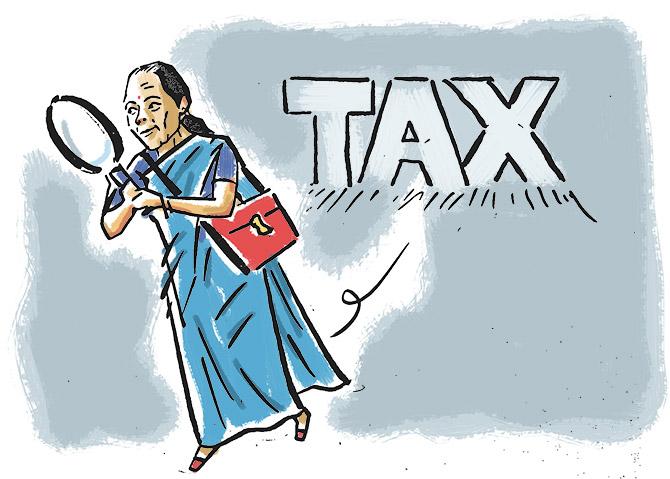The ministry said it was an anti-abuse provision amid growing instances of NRIs shifting their stay in low or no-tax jurisdiction to avoid tax payment in India.

In what seemed like a partial rollback, the finance ministry on Sunday clarified that non-resident Indians (NRIs) will be liable to pay tax only on income derived from business or profession in India.
The Union Budget had proposed on Saturday that NRIs have to pay up taxes on global earnings, if they’re not paying in any other jurisdiction or country, generating much debate.
The ministry said it was an anti-abuse provision amid growing instances of NRIs shifting their stay in low or no-tax jurisdiction to avoid tax payment in India.
“An NRI living in another country earns money there which is not taxed there at all, but has some earnings through something in India and does not pay tax here either because he does not live here.
"What we are saying is this: for the income generated in India, pay a tax.
"If you have a property here that generates rental income here, but because you live there, you carry this income there and pay tax neither there nor here,’’ Finance Minister Nirmala Sitharaman said in a press briefing on Sunday.
“Have I got even a sovereign right to take that into my consideration or not? I am not taxing what you earn in Dubai,” she added.
Adding to that narrative, the Central Board of Direct Taxes (CBDT) also put out a clarification on Sunday saying “the new provision is not intended to include in tax net those Indian citizens who are bonafide workers in other countries.’’
It added that in some sections of the media, the new provision is being interpreted as one creating an impression that those Indians who are bonafide workers in other countries, including in West Asia, and who are not liable to pay tax in these countries, will be taxed in India on the income that they have earned there.
“This interpretation is not correct,” CBDT said, while pointing out that necessary clarification, if required, shall be incorporated in the relevant provision of the law.
The finance ministry in Budget 2020-21 proposed two major changes - one on the tax obligation to be imposed on NRIs and second that they had to stay for a longer period to get the status of a non-resident.
At present, Indians are classified as NRIs if they stay overseas for over 180 days.
The Bill had changed the criterion and proposed that the stay had to be extended to 240 days for the NRI status.
Further, it proposed that if an NRI is not paying tax in any other country, he should come under the ambit of Indian tax.
Once Parliament clears the Bill, the new norm will come into effect from April 1, 2021, and will apply in Assessment Year 2021-22 and subsequent years, according to the Bill.
Amit Maheshwari, partner, Ashok Maheshwary & Associates LLP, states, “I think this is a welcome clarification and the intent seems to be to only tax the Indian incomes or those overseas incomes which are derived from an Indian business or profession, of such stateless NRIs.
"This is an anti-abuse provision and would target NRIs who have arranged their affairs in a way to avoid Indian taxes, even though having significant economic interests in India.”
The move was triggered by several cases where the income-tax department had issued notices to NRIs to reopen tax assessments of the last five to six years, seeking photocopies of their passports.
The tax department is of the view that NRIs and entities, which were named in various global leaks such as Panama and Paradise Papers and being probed under the Act, had shifted base to conceal their foreign accounts.












 © 2025
© 2025